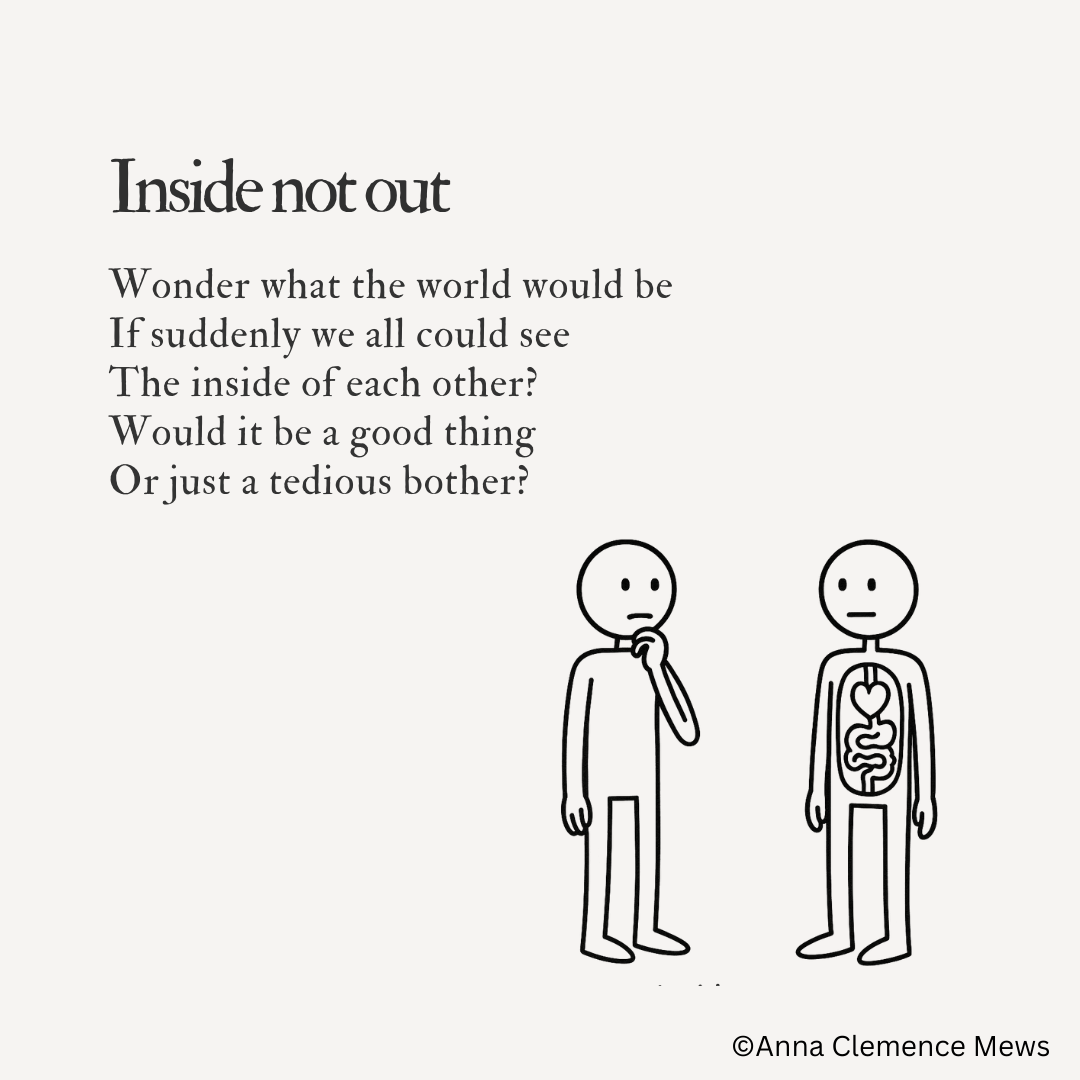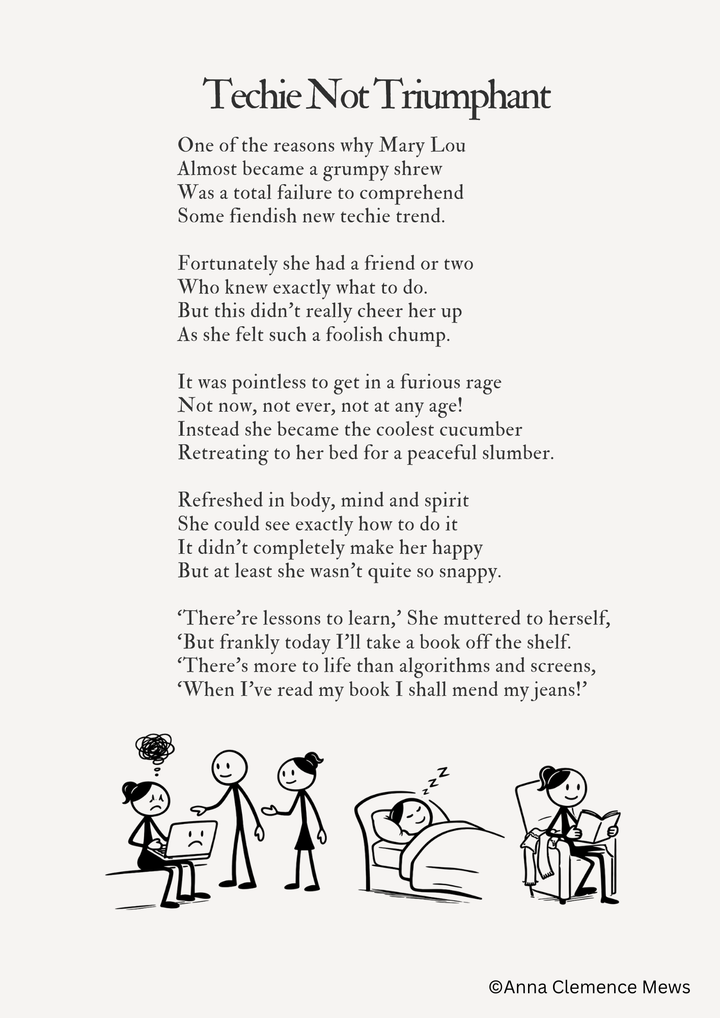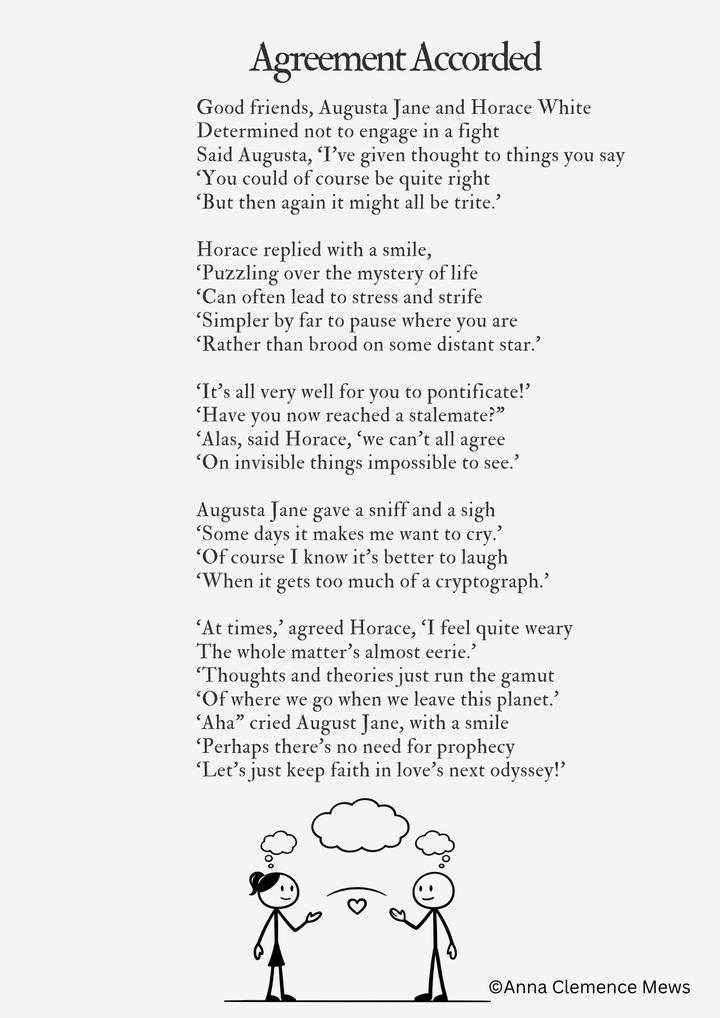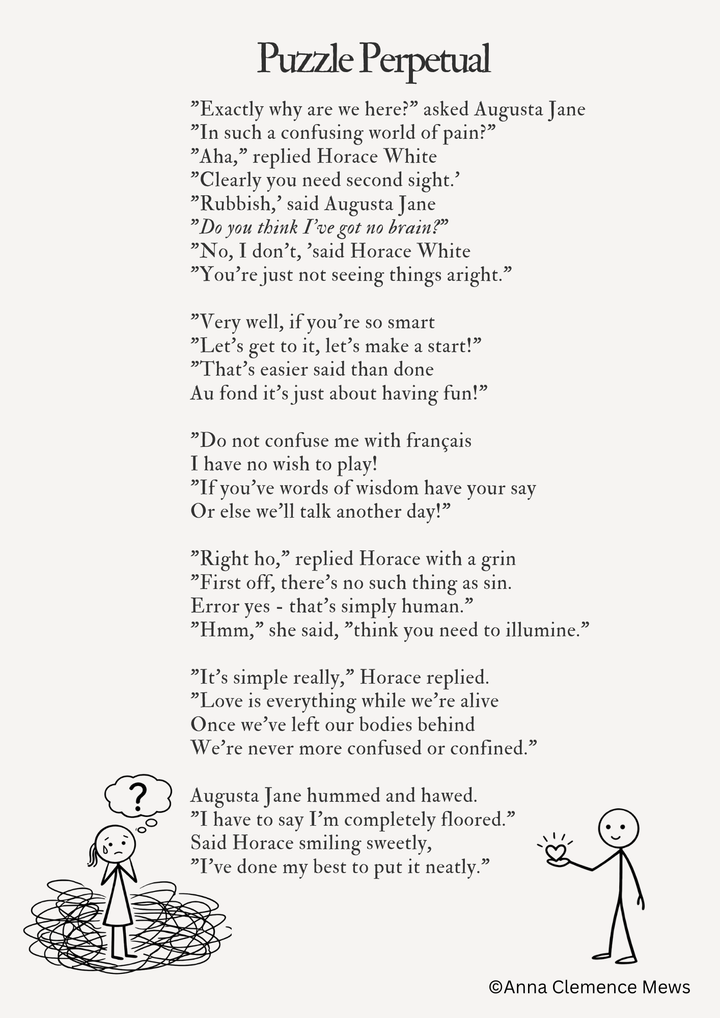#26 - How Many Secrets Do We Hold?
Today we ponder a fascinating question: what would the world be like if we could see inside each other? From Elon Musk's Neuralink brain chips to Chris Packham's beautiful exploration of neurodivergent minds, we explore the 'great and terrifying' possibilities of truly understanding one another.

There's always a lot of questions buzzing around in my mind. But when I wrote this Mimit, I don't think I knew anything about Neuralink, Elon Musk's brain chip. Perhaps I was imagining the possibility!
But in 2024 one was already inserted in a man's brain. According to Perplexity as of May this year, there're now three patients who've received the chip. That a chip can give a paralysed body the ability to move when connected to an electrical source, and allow it to direct actions to other devices simply by the power of thought is an enormous shift in human medicine.
I quote below Musk's reply in a 2020 Twitter tweet, when asked : "Can Neuralink be used to retrain the part of the brain which is responsible for causing addiction or depression?
Musk replied: “For sure. This is both great and terrifying. Everything we’ve ever sensed or thought has been electrical signals. The early universe was just a soup of quarks and leptons. How did a very small piece of the universe start to think of itself as sentient?”
For sure. This is both great & terrifying. Everything we’ve ever sensed or thought has been electrical signals. The early universe was just a soup of quarks & leptons. How did a very small piece of the Universe start to think of itself as sentient?
— Elon Musk (@elonmusk) July 10, 2020
His very words, 'Both great and terrifying' stick in my brain. That's how I'd describe it too. Alas, it leaves me with perhaps more questions and fewer answers.
However, what does lessen the 'terrifying' part is a program currently, on BBC2 and iPlayer, where well known naturalist and broadcaster, Chris Packham has produced a television series titled, Inside Your Mind.
Autistic himself, his mission is to help neurodivergent individuals reveal, through personal and descriptive films, how their condition whether ADHD, or Dyslexia affects their everyday life. Many of them make exhausting efforts to mask their symptoms, fearing how the world will regard them. The fact that their neurodivergent brains work differently from the majority can present them with deep feelings of isolation and inferiority. The films revealed so clearly how not even family and closest friends had a true understanding of how they'd been affected. Yet many gifts and talents are part of both these conditions.
There films, for me, were as powerful as Musk's chip. They displayed courage, honesty, openness and love. If we can begin to understand one another as the Packham films demonstrated so brilliantly, it truly would be great.
Definitely not a tedious bother - and certainly not terrifying!




Comments ()